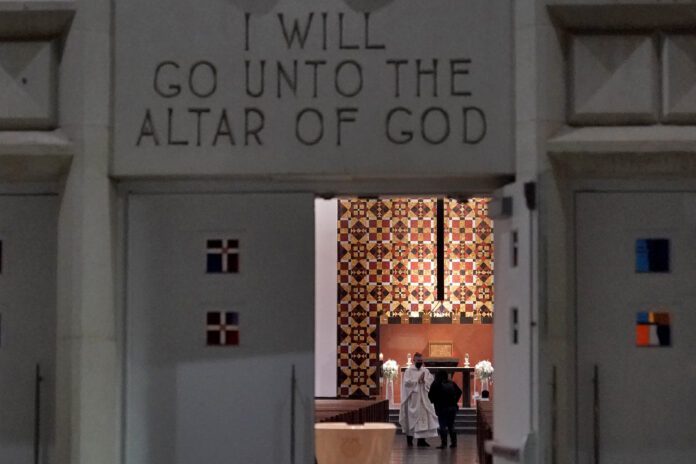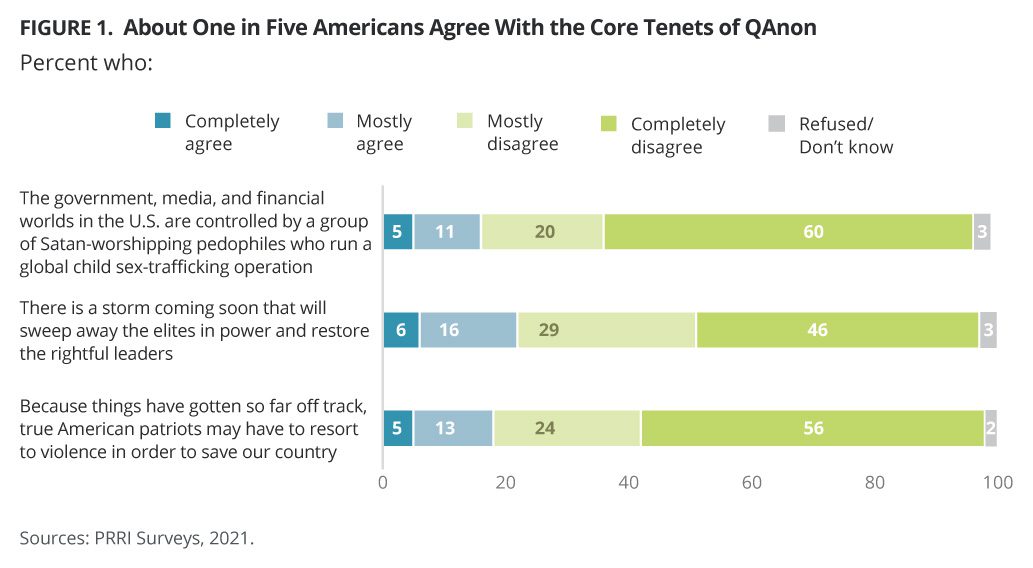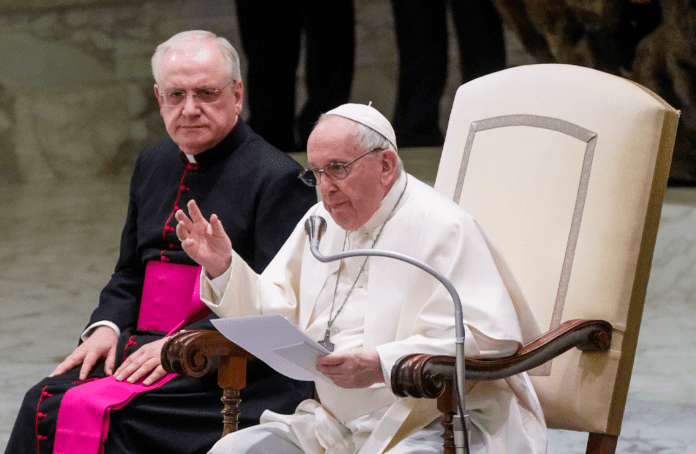Following Russia’s invasion of Ukraine early Thursday, reports are emerging of casualties and destruction. But images and accounts of Ukrainian Christians worshiping and praying also have surfaced. Church leaders in Ukraine say they intend to continue ministering—and urge Christians worldwide to pray for them.
The attack, ordered by Russian President Vladimir Putin, has led to condemnations, sanctions, and the first-ever activation of NATO’s Response Force. According to Ukrainian President Volodymyr Zelenskyy, 137 of his country’s soldiers and civilians have already been killed. And refugee groups estimate that about 50,000 Ukrainians have fled toward or crossed the borders.
Ukrainian Christians: ‘Please Send the Mercy to Us’
Earlier this week, the Christian Emergency Alliance (CEA) shared video on Twitter of a group of Ukrainian Christians singing in a train station in Kyiv, Ukraine’s capital. The song, translated as “Let My Prayer Flow,” essentially asks God to “please send the mercy to us.” CEA writes, “They sing of forgiveness, salvation, mercy, joy, peace, and the people of Ukraine. A biblical light in the gloom of possible war.”
About 70 percent of the nation’s population is Christian, with most adhering to Orthodox Christianity. A 2018 split between the Ukrainian Orthodox Church and the Russian Orthodox Church foreshadowed the political power struggle between the countries.
Although Ukraine isn’t on recent lists of countries known for persecuting Christians, its people aren’t strangers to such attacks. Yarsolav “Slavik” Pyzh, president of the Ukrainian Baptist Theological Seminary, says, “Historically we had that experience before, under the Soviet Union. So the church did not forget what it means to be persecuted, and I think that we will rearrange, reorganize, and still do what we always do: still preach the Gospel.”
Church and seminary leaders in Ukraine echo that message, saying war won’t deter their mission or service. Some Christian campuses are receiving refugees into dorms, while others are purchasing vans to help with evacuations.
Ukraine: Pray for Peace, Calm and Truth
For now, say Ukrainian church leaders, the most urgent need is prayer. “Please pray for disciple-making in the country, safety for our people, and generosity in the midst of war,” says Vadym Kulynchenko of Our Legacy Ukraine. “And also for discernment, as there is a lot of fake news.”






















